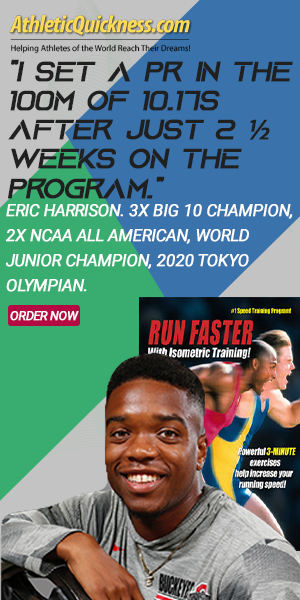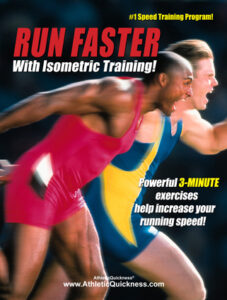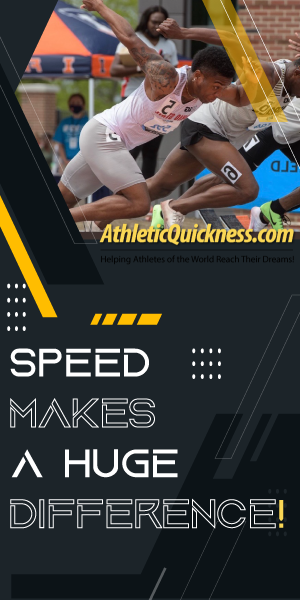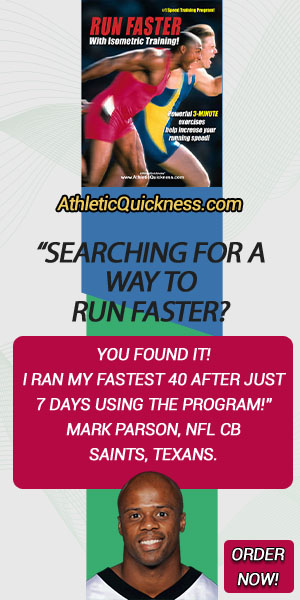Running faster without overstriding is important for both competitive and recreational runners. Overstriding occurs when the front foot lands too far ahead of the centre of mass, which can lead to injuries and inefficiencies in running. Here are some tips to improve running speed without overstriding:
Tip #1
Warm up properly: A proper warm-up routine can help prevent injuries and prepare the body for a faster run. Start with a brisk walk for two to three minutes, followed by three to five minutes of easy-effort running before doing the following drill four times: jog in place for 30 seconds, high knees for 30 seconds, butt kicks for 30 seconds, and jumping jacks for 30 seconds.
Tip #2
Improve stride length: Increasing stride length can help cover more distance in less time, but it is important to do so without overstriding. To do this, aim to land your foot beneath a flexing knee, close to beneath your hips, rather than in front of your body.
Tip #3
Strengthen glutes and core: Strong glutes and core can help improve running posture and prevent overstriding. To strengthen these muscles, try the glute bridge exercise: lay on your back with your arms relaxed and feet hip-width apart resting on the ground with the knees bent up. Lift one leg into the air keeping it parallel at the thigh with the other leg. Contracting your glutes and core, lift your hips from the ground keeping a neutral spine. Slowly lower to the starting position and repeat on the other side.
Tip #4
Wear proper shoes: Wearing shoes with a low heel-to-toe drop, also known as zero-drop or minimalist running shoes, can help correct overstriding by encouraging a more natural foot strike and proper running form.
So, let’s quickly recap:
Running faster without overstriding requires a proper warm-up, increasing cadence, improving stride length, strengthening glutes and core, and wearing proper shoes.
By following these tips, runners can improve their speed and efficiency while reducing the risk of injury.





